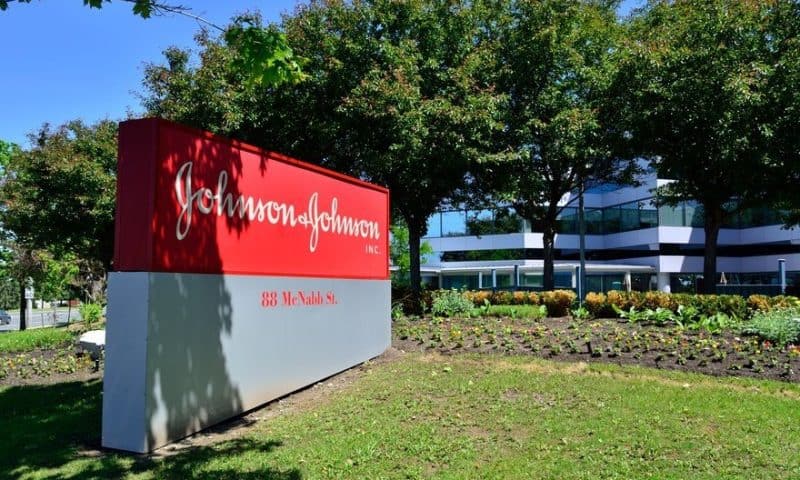Responses to Johnson & Johnson’s BCMA CAR-T therapy are going on and on and on. After a median follow-up of 22 months, a phase 1b/2 clinical trial of the Legend Biotech-partnered cell therapy is yet to hit the median progression-free or overall survival (PFS/OS), suggesting the drug has an edge over Bristol Myers Squibb’s rival product Abecma.
J&J has delivered a series of eye-catching data drops on ciltacabtagene autoleucel (cilta-cel) from its CARTITUDE-1 study, with the 18-month update shared in June linked the CAR-T to an 80% complete response rate. Two-thirds of patients, all of whom had received at least three lines of prior therapy, were alive and progression free as of that cutoff point.
The cilta-cel team used the American Society of Hematology (ASH) 2021 annual meeting to share updated data, extending the follow-up out to a median of 22 months. After another four months of follow-up, J&J and Legend are still yet to hit the median PFS or OS. Legend CEO Ying Huang was quick to compare the data to BMS’ Abecma.
“If you compare this dataset to Abecma, which was approved by FDA to treat a similar patient population with refractory and relapsed myeloma, you’ll see the overall median PFS was 8.8 months in the KarMMa trial. We can safely say that the cilta-cel PFS is going to be longer than 23 months,” Huang said.
Huang’s prediction that the median PFS will top 23 months is underpinned by the lower bound of the 95% confidence interval of PFS in CARTITUDE-1, which currently stands at 22.8 months. “That’s probably the low end of the estimated PFS,” Huang said. The two-year PFS and OS rate are 61% and 74%, respectively.
The results add to the impression that J&J may be able to overcome the head start it has ceded to BMS. The FDA approved BMS’ Abecma in March. J&J was following close behind, but the FDA delayed its decision on cilta-cel until late February 2022 to give itself more time to review information on an updated analytical method.
J&J also used ASH to share results from another cilta-cel study, CARTITUDE-2, in patients who had received one to three prior lines of treatment. The update revealed the deepening of responses to cilta-cel, with the complete response rate rising from 75% to 85% between the two latest data drops.

